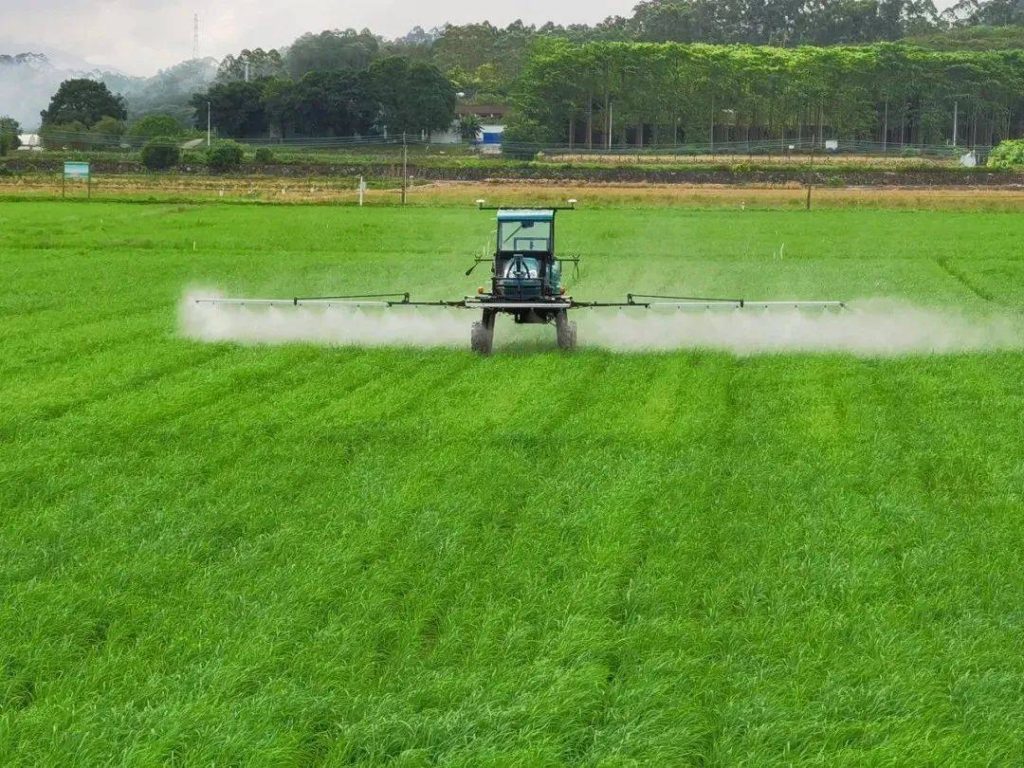The future of agriculture is being shaped by smart farms and robotics. These cutting-edge technologies are revolutionizing the way we cultivate crops and raise livestock. In this article, we will explore the role of smart farms and robotics in the future of agriculture.
Smart farms are agricultural operations that leverage technology and data-driven solutions to enhance productivity, efficiency, and sustainability. These farms are equipped with sensors, IoT (Internet of Things) devices, and artificial intelligence systems that continuously monitor and optimize various aspects of farming.
One of the key components of smart farms is precision agriculture, which uses data from sensors and drones to make informed decisions about crop management. For example, soil sensors can measure moisture levels and nutrient content, allowing farmers to tailor irrigation and fertilization to the specific needs of each crop. Drones equipped with multispectral cameras can provide real-time imagery of crop health, enabling early detection of pests, diseases, and stress conditions.
Robotics is another integral part of the future of agriculture. Robots can perform a wide range of tasks, from planting and harvesting crops to milking cows and monitoring livestock health. These machines are designed to work with precision and efficiency, reducing the need for human labor and increasing overall farm productivity.
For instance, robotic harvesters can pick fruits and vegetables with great care, minimizing damage and ensuring consistent quality. Autonomous tractors and machinery can operate 24/7, completing tasks quickly and accurately. Robotic milking systems can enhance animal welfare by allowing cows to be milked on their own schedule, resulting in higher milk yields and better herd health.
The integration of smart farms and robotics also contributes to sustainability in agriculture. By optimizing resource use and minimizing waste, these technologies help reduce the environmental impact of farming. For example, precise application of fertilizers and pesticides reduces chemical runoff, and automated irrigation systems conserve water.
In conclusion, smart farms and robotics are driving the future of agriculture towards greater productivity, efficiency, and sustainability. These technologies are reshaping traditional farming practices and offering new opportunities to meet the growing demand for food in a rapidly changing world. As research and innovation continue, we can expect even more transformative developments in the agriculture sector.







Please sign in to comment
register